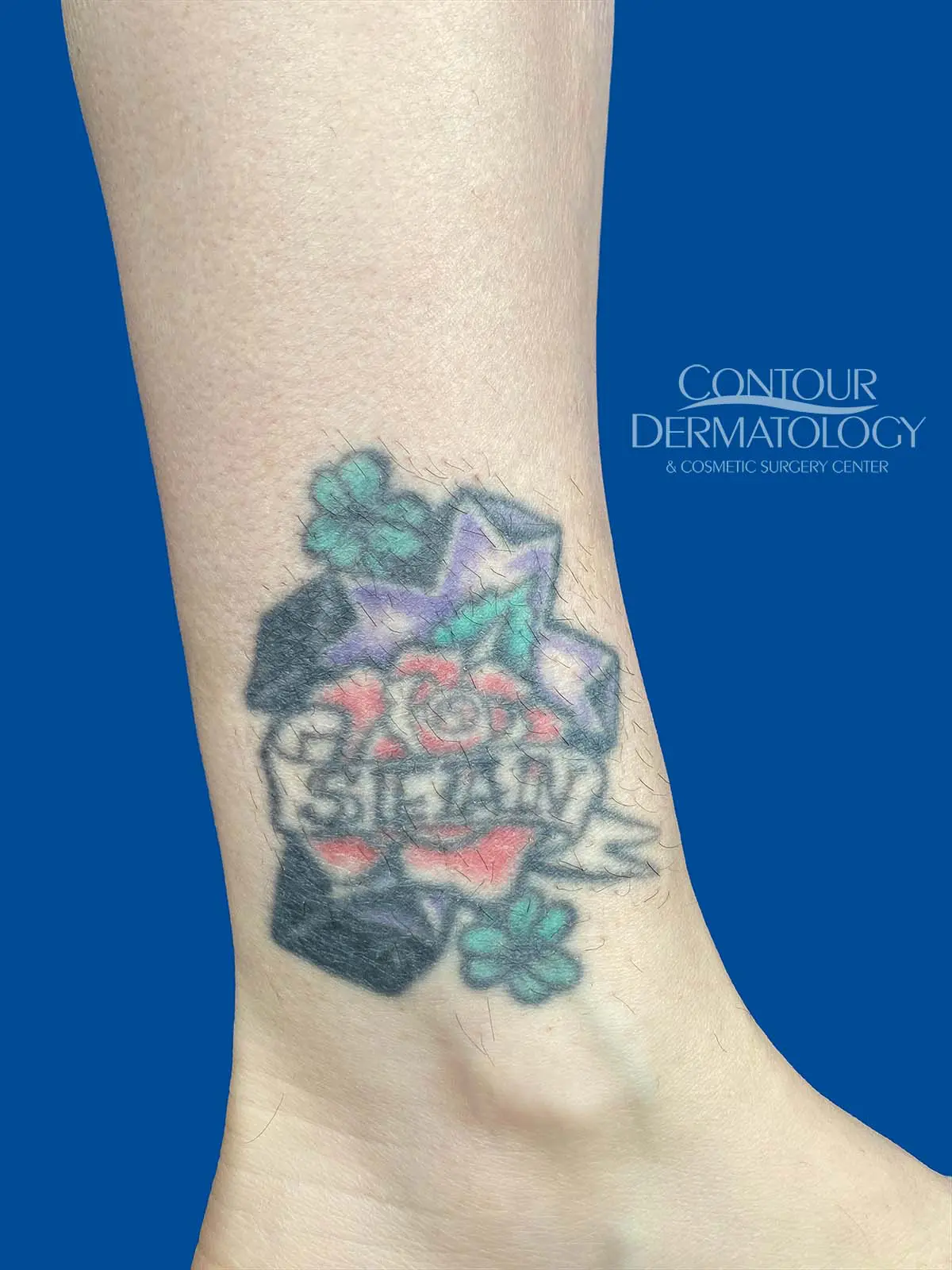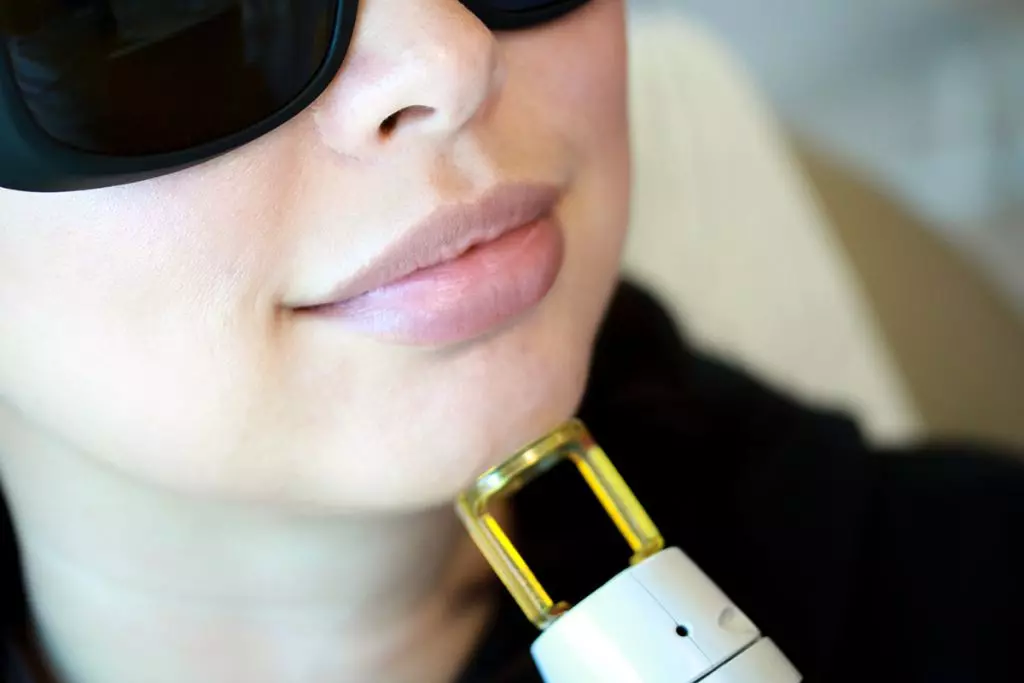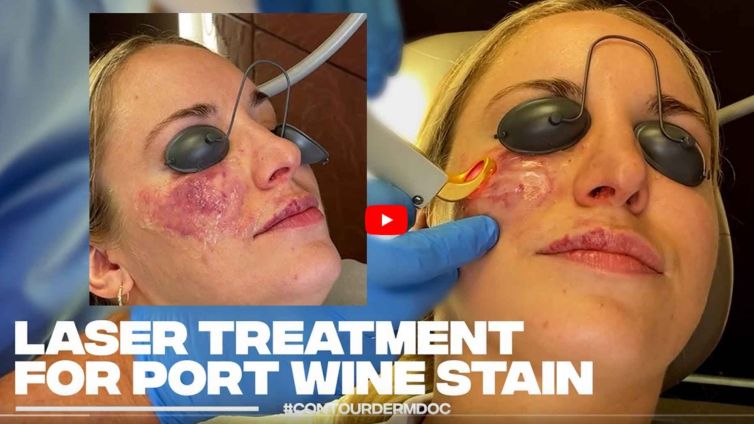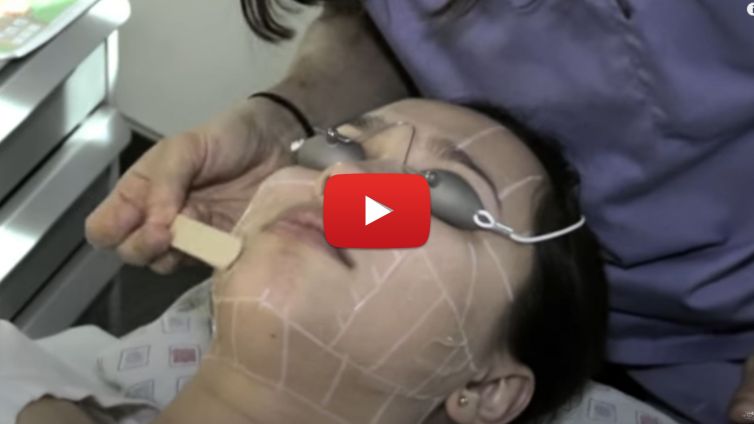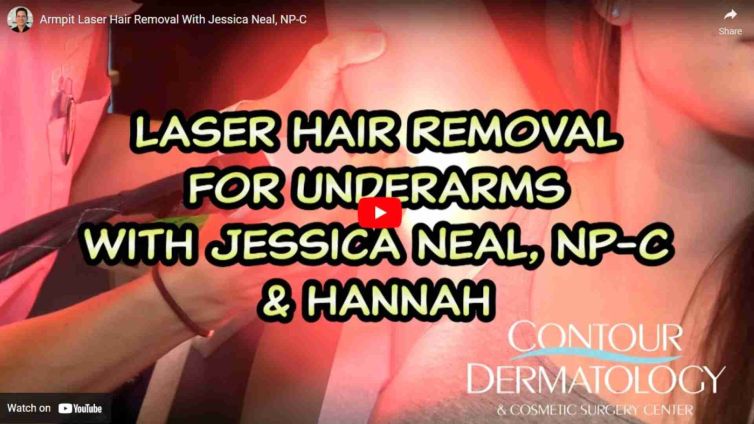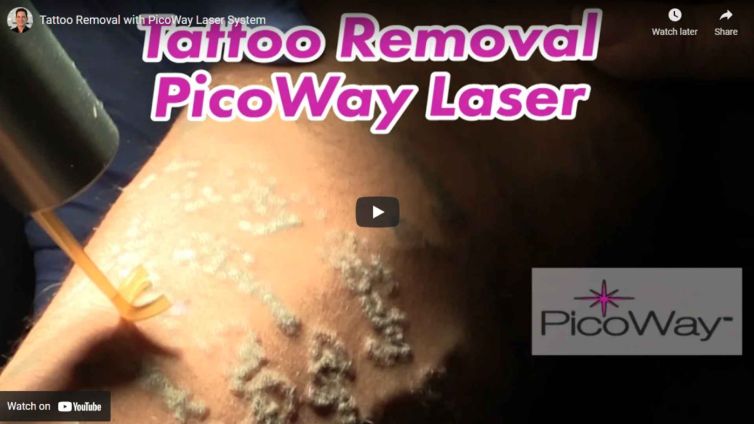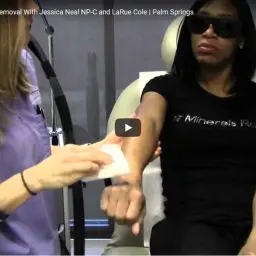Understanding Laser Hair Removal and Tattoos: What You Need to Know
Laser hair removal is a popular and effective method for achieving smooth, hair-free skin. However, when it comes to areas with tattoos, the process becomes more complex. If you’re considering laser hair removal and have tattoos, it’s crucial to understand how the procedure works and why it cannot remove hair on tattooed skin.
Understanding Laser Hair Removal and Tattoos: What You Need to Know
Laser hair removal is a popular and effective method for achieving smooth, hair-free skin. However, when it comes to areas with tattoos, the process becomes more complex. If you’re considering laser hair removal and have tattoos, it’s crucial to understand how the procedure works and why it cannot remove hair on tattooed skin.
How Laser Hair Removal Works
Laser hair removal involves using a concentrated beam of light that targets the pigment in hair follicles. The light energy is absorbed by the melanin (pigment) in the hair, which damages the follicle and inhibits future hair growth. This process is highly effective for reducing unwanted hair on various parts of the body, but it relies on the contrast between the hair color and skin color to target the follicles accurately.
Why Laser Hair Removal Doesn't Work on Tattoos
Laser Interaction with Pigment: Tattoos are created by injecting ink into the skin, which creates a permanent design or image. The ink used in tattoos contains pigments that are designed to remain in the skin indefinitely. When a laser used for hair removal encounters tattooed skin, it cannot distinguish between the pigment in the hair follicles and the tattoo ink. As a result, the laser targets the tattoo pigment just as it would target the melanin in hair, causing potential damage to the tattoo and the skin.
How Laser Hair Removal Works
Laser hair removal involves using a concentrated beam of light that targets the pigment in hair follicles. The light energy is absorbed by the melanin (pigment) in the hair, which damages the follicle and inhibits future hair growth. This process is highly effective for reducing unwanted hair on various parts of the body, but it relies on the contrast between the hair color and skin color to target the follicles accurately.
…When a laser used for hair removal encounters tattooed skin, it cannot distinguish between the pigment in the hair follicles and the tattoo ink.
Why Laser Hair Removal Doesn't Work on Tattoos
Laser Interaction with Pigment: Tattoos are created by injecting ink into the skin, which creates a permanent design or image. The ink used in tattoos contains pigments that are designed to remain in the skin indefinitely. When a laser used for hair removal encounters tattooed skin, it cannot distinguish between the pigment in the hair follicles and the tattoo ink. As a result, the laser targets the tattoo pigment just as it would target the melanin in hair, causing potential damage to the tattoo and the skin.
Risk of Skin Damage
Using a laser on tattooed skin can lead to significant skin damage. The concentrated light can cause burns, blisters, and even lead to scarring. The tattooed area may also become discolored, and the intricate design of the tattoo can be distorted or ruined. Because of these risks, laser hair removal specialists avoid treating tattooed areas to ensure the safety and integrity of the skin and the tattoo.
Pain and Discomfort
Laser treatments on tattooed skin can be extremely painful. The laser’s interaction with the tattoo pigment generates more heat and discomfort compared to non-tattooed skin. This increased pain and potential for adverse effects make it unfeasible to use laser hair removal over tattoos.
…This increased pain and potential for adverse effects make it unfeasible to use laser hair removal over tattoos.
Alternatives for Hair Removal on Tattooed Skin
Shaving is a simple and effective way to remove hair from tattooed areas. It doesn’t affect the tattoo and can be done as frequently as needed.
Waxing can also be a viable option. While it may cause some discomfort, it won’t damage the tattoo. However, it’s important to ensure that the skin is properly cared for after waxing to avoid irritation.
These creams dissolve hair at the skin’s surface and can be used on tattooed skin. However, it’s crucial to perform a patch test first to ensure there’s no adverse reaction.
Conclusion
Laser hair removal is a fantastic option for achieving smooth, hair-free skin, but it’s not suitable for tattooed areas. The risk of damaging the tattoo and causing skin injury makes it an unviable option. Instead, consider alternative hair removal methods that won’t compromise the beauty and integrity of your tattoo. Always consult with a professional to determine the best approach for your specific needs and ensure safe and effective hair removal.
For more information and personalized advice on laser hair removal and other dermatological treatments, visit Contour Dermatology and schedule a consultation with our experienced team.


